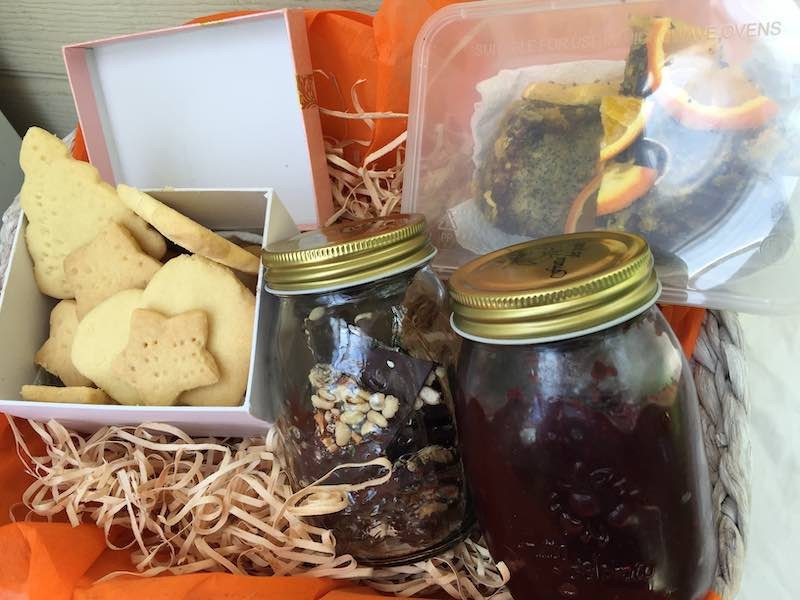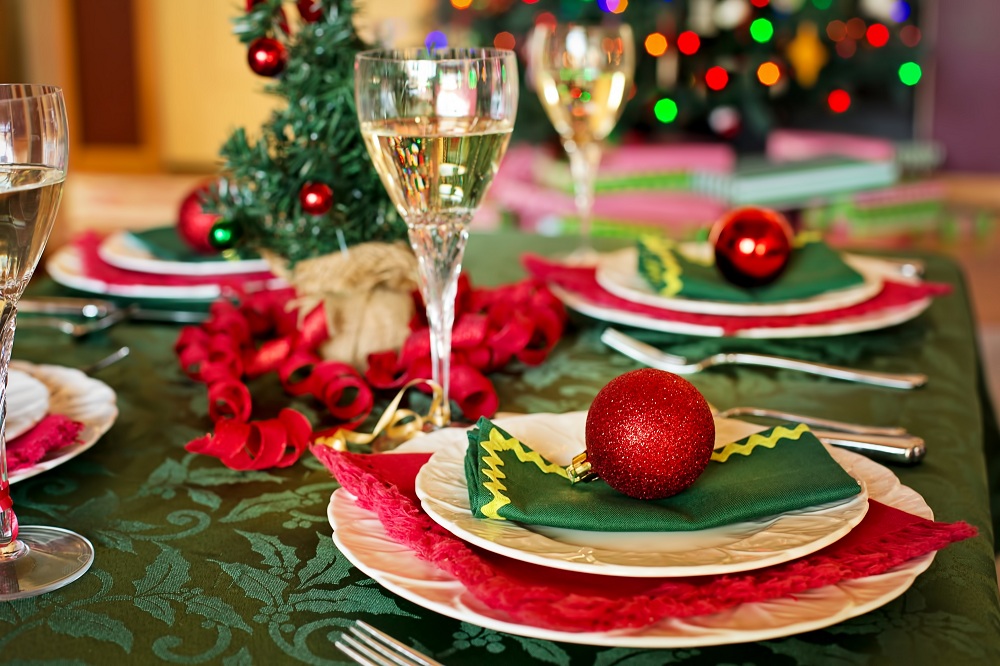Sally Gillespie
Here in Australia, Christmas follows the Summer Solstice. It is a time when days are at their longest and nights are at their shortest. Traditionally Summer Solstice is associated with a transition from action to nourishment. One cycle of growth is completed and celebrated with rest and festivity before the hard work of harvest is begun. Sadly these Earth-centered associations honouring the natural cycles of plant life have been pushed aside in modern societies. Instead, if we are not careful, Christmas can become not so much a festive rest as a time of pressure and excess.
One of the best ways to come back to the spirit of the traditional Midsummer festival is to be mindful of the gifts and needs of our Earth in our Christmas celebrations. We all know that excessive Christmas consumerism and feasting can become more driven than joyful. And that it places an extra strain on our already struggling ecosystems. Adding a mountain of Christmas packaging, unused food or unwanted gifts to our overflowing rubbish tips drives up already escalating greenhouses gases. As do buying products full of plastics and high on shipping miles. But avoiding such purchases does not mean that we have to turn celebrating Christmas into an exercise in guilt. There are many ways that you and your family can be festive in an Earth-centric way while liberating yourselves from the decidedly un-fun pressures of endless ads to buy and consume.
Christmas is a great time to meaningfully commit to Earth care together, gifting a better future for all young people while drumming up a spirit of love, generosity and fun.
Here are 9 tips for a happy Earth Christmas:
- Gift experiences that bring joy. It might be local cooking or art courses, a subscription to a museum or theatre, or a special animal encounter at a wildlife park.
- Make yummy gifts from local seasonable produce- jams, pickles, pestos- or buy them from a stall at the farmers market.
- Treasure hunt at charity shops, markets and antiques shops for unique pre-loved gifts.
- Support the kids to make presents for family and friends instead of buying them- think biscuits, mini Christmas cakes or puddings. Or make a succulent bowl using a recycled container like an old teapot.
- Grow seedlings to give away. Then there is joy in the planting together.
- Have fun creating recycled and recyclable gift wrapping using hand decorated paper, boxes, tea towels and other fabrics-
- Create Nature-based Christmas decorations and table centre pieces out of pine cones, seed pods, leaves, flowers, fruits and nuts.
- Make a Christmas feast out of organic, plant-based and sustainable foods, including seafoods.
- Remember to give a family present to Earth this Christmas to say thank you for our lives and to protect future generations. Plant a native tree or two in a protected biodiverse forest, adopt a koala , become a Sea Guardian or start a compost heap or a worm farm at home over the holidays.
- When you go to the beach have a family competition to see who can pick up the most plastic from the shore and bin it.






